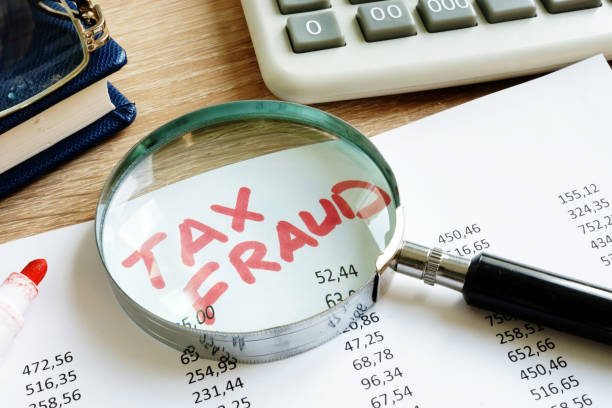Azamgarh, October 15: The State Tax Department in Azamgarh has uncovered a major case of tax fraud involving a fake GST-registered firm named “Malik Enterprises.” According to officials, the firm’s proprietor allegedly defrauded the government of ₹23.81 crore through fabricated documents, fake invoices, and non-existent business operations.
A formal complaint has been filed by the department against the proprietor, Adil, at the Nagar Kotwali police station, and a criminal investigation is now underway.
Fake Documents Used to Obtain GST Registration
Senior Assistant Rajeev Lal Asthana from the State Tax Department revealed that the accused obtained GST registration on December 30, 2024, by uploading forged documents, including a fake electricity bill, rental agreement, and Aadhaar card.
FCRF Launches CCLP Program to Train India’s Next Generation of Cyber Law Practitioners
The firm’s registered address was listed as Shop No. 119/A, Baddopur Road, Azamgarh, but upon inspection, officials found no trace of any business activity at the site. The electricity account number provided was invalid on the official electricity department portal, and the Aadhaar card’s registered address turned out to be from Bijnor, not Azamgarh.
No Physical or Legal Existence Found
A verification conducted by the local Gram Panchayat also confirmed that neither the firm nor the alleged property owner, Gore Lal, existed at the stated address. Authorities concluded that the registration was based entirely on fictitious identity and forged documentation.
Fake Invoices Worth ₹66 Crore Issued
Investigations revealed that Malik Enterprises issued fake invoices amounting to ₹66.13 crore during the 2024–25 and 2025–26 financial years. The firm falsely claimed Input Tax Credit (ITC) worth ₹11.90 crore on outward supplies and another ₹11.91 crore on fake purchases, causing a total revenue loss of ₹23.81 crore to the government.
Police Investigation Underway
Following the department’s complaint, the Kotwali Police registered an FIR against the accused proprietor Aditya, a resident of House No. 35, Lane No. 2, Pagara, Azamgarh. The investigation will now focus on tracing the money trail and identifying any linked entities or individuals involved in the fake GST network.
Cybercrime Expert’s Analysis: Professor Triveni Singh
Noted cybercrime expert and former IPS officer Professor Triveni Singh described the case as “a digital-age evolution of traditional tax evasion.” He emphasized the urgent need for stronger verification systems in government digital portals.
“This incident highlights how criminals are exploiting weaknesses in document verification and digital registration mechanisms. Fraudsters today use advanced techniques such as synthetic digital identities, forged e-documents, and impersonation to bypass automated checks,” said Prof. Singh.
“To prevent such scams, the GST registration process must integrate real-time verification, AI-based address authentication, and blockchain-backed document validation. Tax fraud is no longer just an economic crime it’s now a data integrity and cybersecurity challenge.”
Experts Call for Data-Driven Monitoring
Experts believe the emergence of such fake GST networks points to the growing sophistication of financial cybercrime in India. They recommend that the State Tax Department strengthen data analytics systems, enhance inter-departmental coordination, and work closely with central investigative agencies to trace interconnected frauds across states.


